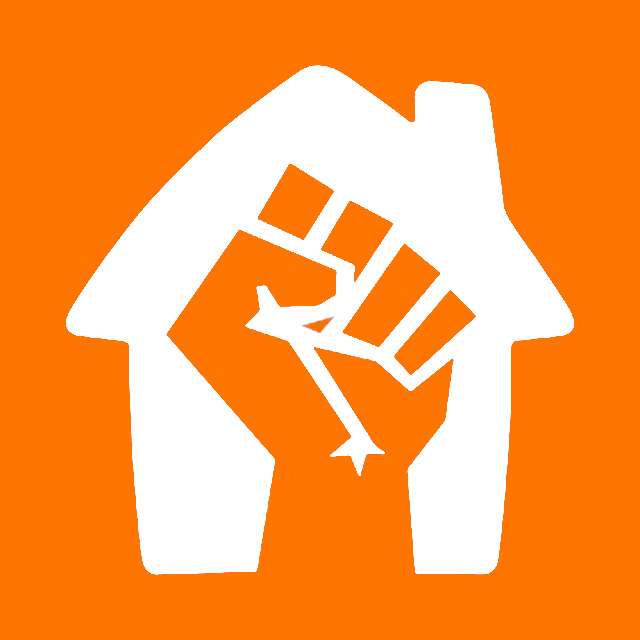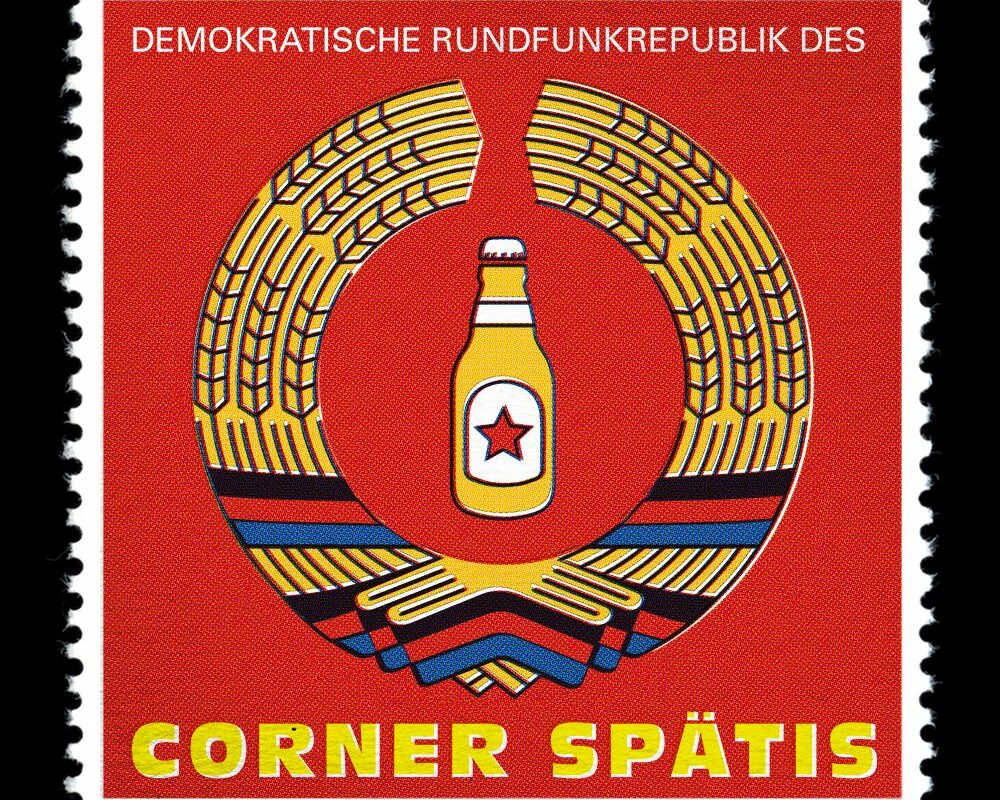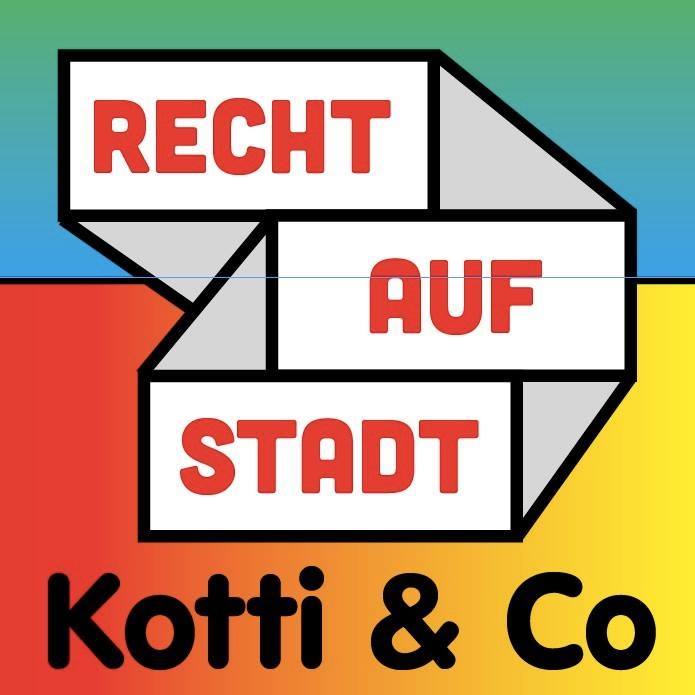It’s election season for Berlin workers. From August 2nd to August 8th, Lieferando couriers in Berlin will elect a workers council (Betriebsrat) at their company. Forcing this election is the latest achievement of a years-long organizing push within Lieferando, spearheaded by the Lieferando Workers Collective (LWC).
The LWC has fought for, and won: unlimited contracts for couriers, the right to stop work (and be paid) in bad weather conditions, and proper compensation around using one‘s own phone, data, and bike. The LWC helps their colleagues know their rights and assert them.
Both these accomplishments and the self-organized structure of the LWC challenge business-as-usual at companies like Lieferando. The courier business model relies upon atomization, isolation, and increasingly precarious work conditions; if couriers don’t know their rights, Lieferando profits.
It’s no surprise, then, that the LWC (and the Election Council) have faced sabotage from management, ranging from individual harassment to arbitrary lawsuits.
The Lieferando Workers Collective is an integral part of the current wave of worker self-organization in Berlin. Their members were instrumental in supporting the Gorillas Workers Collective last year and the Flink Workers Collective this year.
There are several support actions planned for the run-up to the election. If you’re interested in supporting, message @mokuh on Telegram.
For links to LWC social media, and updates for the latest support actions, visit this page. Expect some news from around 8pm this evening (Friday, 22nd July) about planned actions this week-end.




